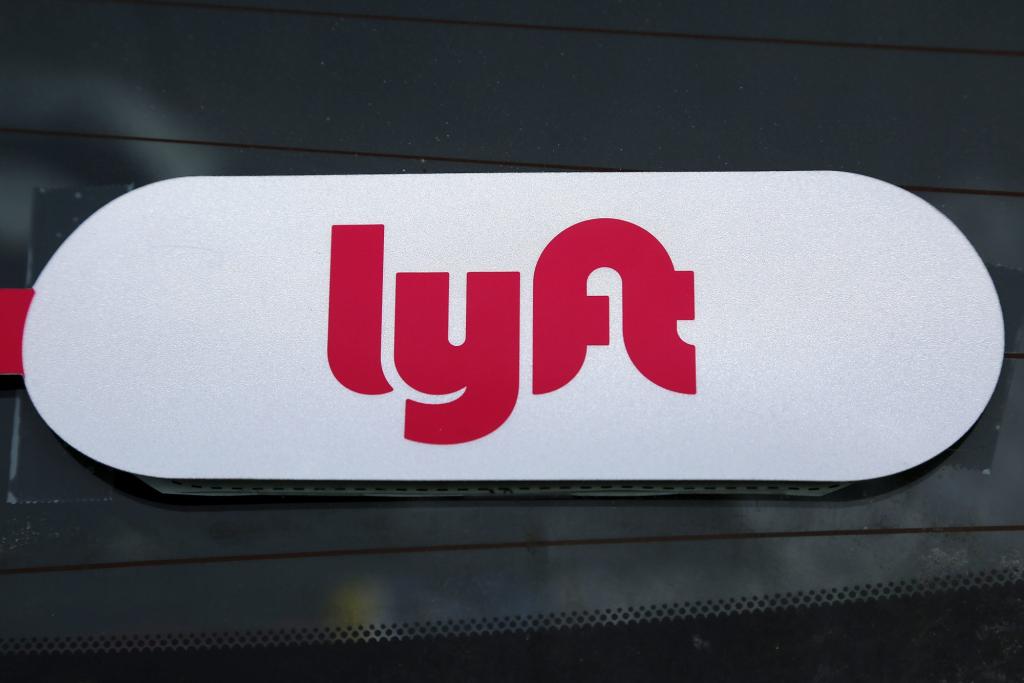Lyft has agreed to pay a $2.1 million civil fine to settle charges brought by the U.S. Federal Trade Commission that it misled potential drivers about the amount of money they could earn while working for the company. The proposed settlement was filed in a San Francisco federal court and is pending approval by a judge. The case originated from ads that Lyft ran in 2021 and 2022 in response to a driver shortage caused by a surge in demand for their services due to increased access to COVID-19 vaccines.
The FTC alleged that Lyft deceived drivers by advertising hourly earnings based on the top 20% of drivers, leading most drivers to be unlikely to reach the advertised pay. Additionally, the company featured “earnings guarantees” that gave drivers the false impression that they would receive bonuses, resulting in numerous complaints from drivers. FTC Chair Lina Khan stated that it is illegal to entice workers with misleading claims about potential earnings. As part of the settlement, Lyft will be required to base its claims about driver pay on typical earnings, provide evidence to support these claims, and clearly outline the terms of its earnings guarantees.
Lyft has neither admitted nor denied any wrongdoing in agreeing to the settlement. The company proclaimed its dedication to transparently communicating earnings prospects to potential drivers prior to joining the platform and pledged to adhere to FTC guidelines. The settlement underscores the importance of companies providing accurate and clear information about potential earnings to prospective workers to avoid misleading them.
The FTC settlement with Lyft signifies a win for the regulatory body, showcasing its commitment to holding companies accountable for deceptive practices that may harm consumers or workers. The case highlights the importance of ensuring that companies accurately represent the earning potential of individuals who may be considering working for them, thereby preventing false advertising and misleading claims. The resolution emphasizes the need for companies to operate with integrity and transparency to establish trust with their workers and the public.
Lyft’s agreement to pay the $2.1 million fine represents a significant penalty for the company’s misleading advertising practices. The settlement serves as a deterrent for Lyft and other companies in the industry, cautioning them against engaging in deceptive practices that could mislead potential workers. By requiring Lyft to adhere to specific guidelines in its future advertising and communication with drivers, the settlement aims to prevent similar incidents from occurring in the future and to promote fair and transparent business practices within the ride-hailing industry.
Moving forward, Lyft will need to implement measures to ensure that its advertisements provide accurate and realistic portrayals of driver earnings to avoid misleading prospective drivers. By complying with the terms of the settlement and following FTC best practices, Lyft can rebuild trust with its drivers and prospective contractors while reinforcing its commitment to transparency and honest communication. The case serves as a reminder to all companies to be truthful and forthright in their marketing efforts, particularly when it comes to representing the potential earnings of individuals considering working for them.


